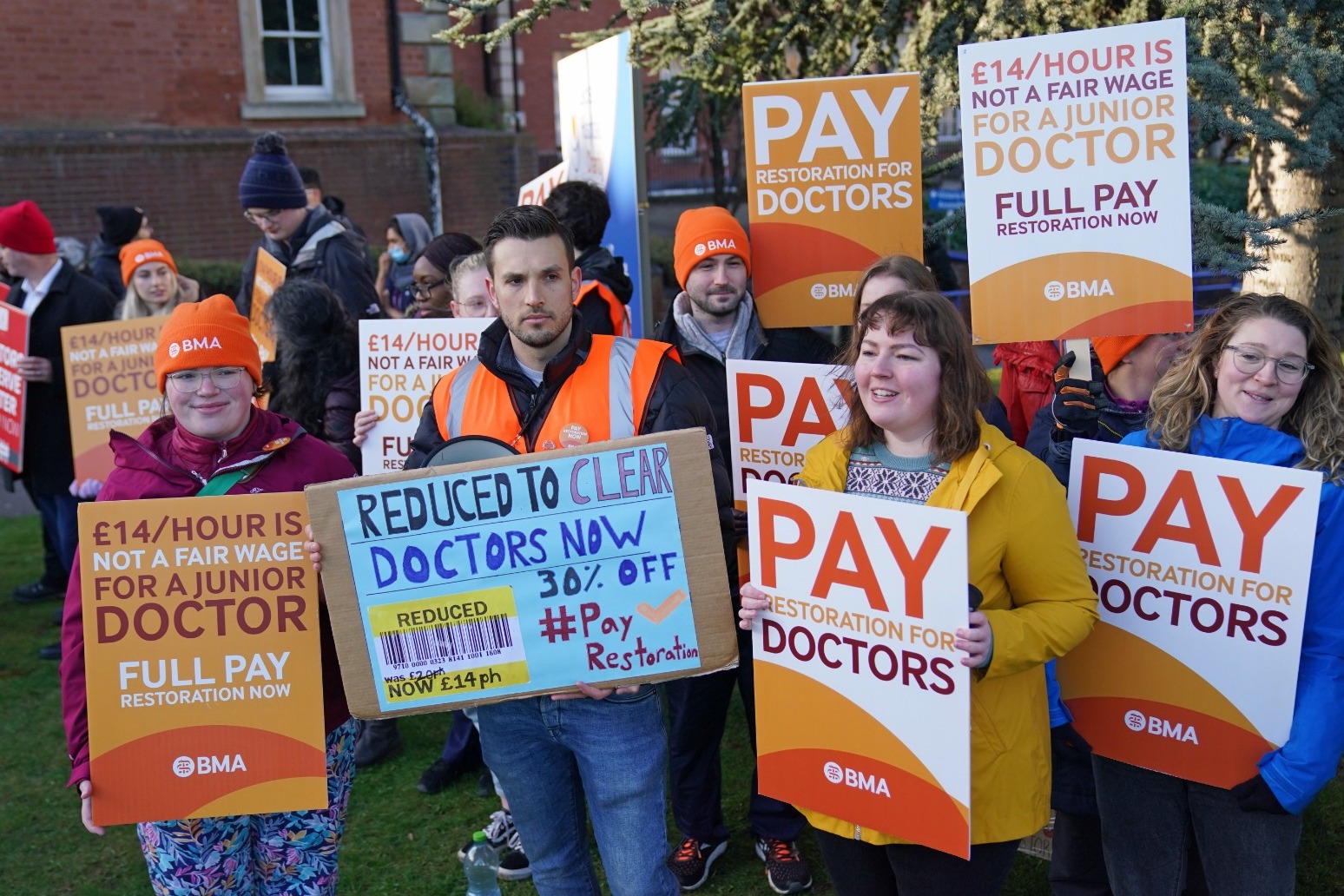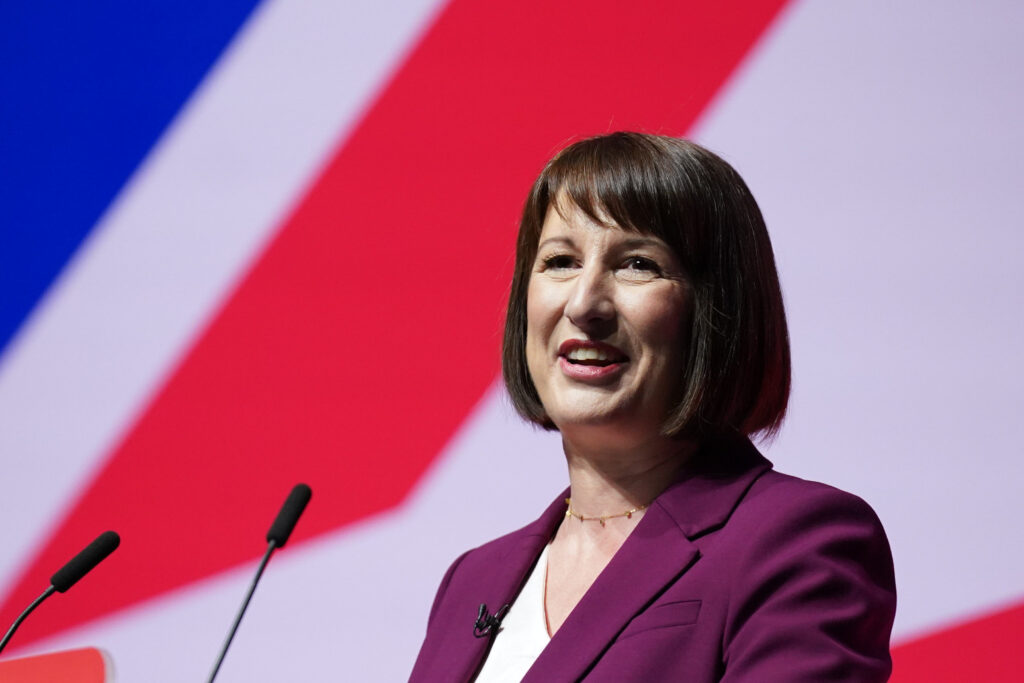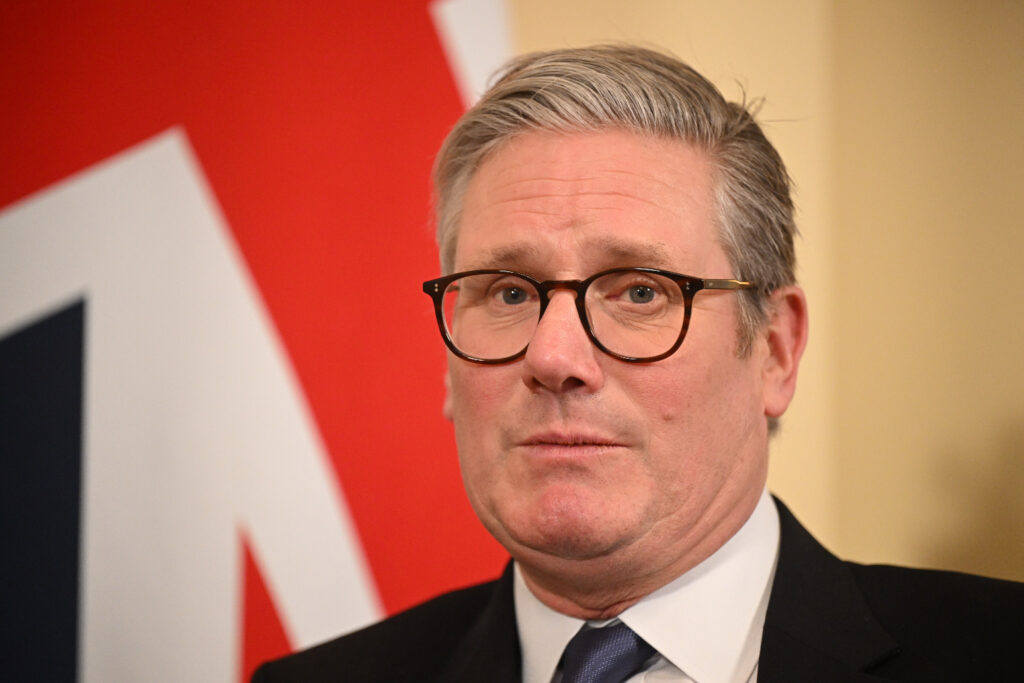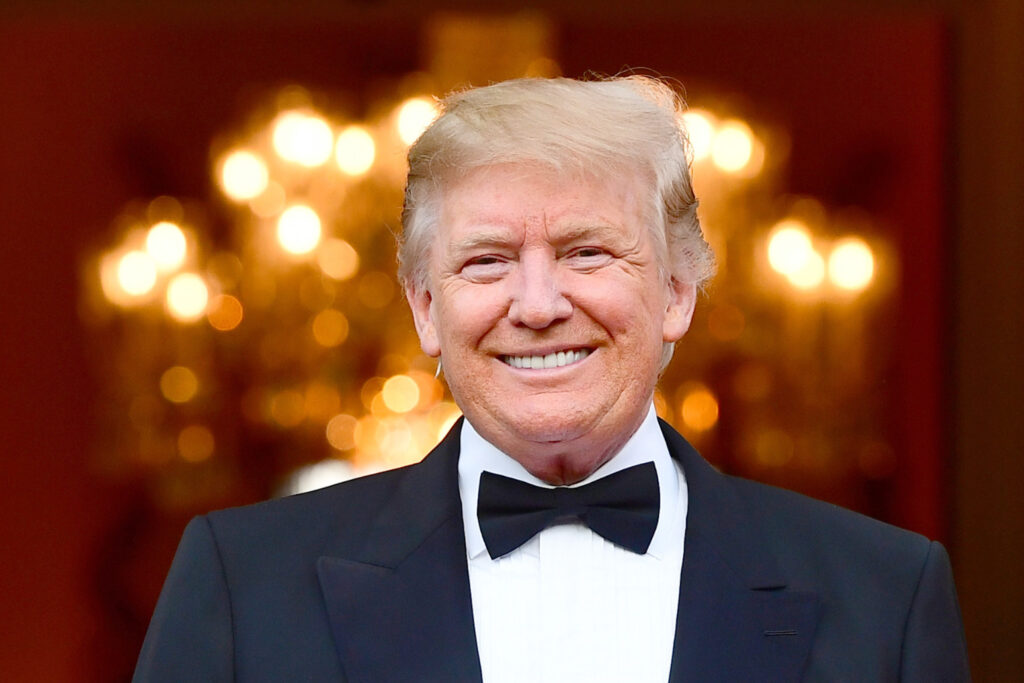This website uses cookies so that we can provide you with the best user experience possible. Cookie information is stored in your browser and performs functions such as recognising you when you return to our website and helping our team to understand which sections of the website you find most interesting and useful.
Junior doctors begin latest strike action
11/08/2023

Junior doctors in England have begun their fifth round of strikes, with some new doctors taking to picket lines just days after starting their first NHS jobs.
Foundation Year 1 doctors started their first roles after medical school on Wednesday August 2 – just nine days ago.
Now they are to walk out with colleagues for four full days amid the bitter dispute with the Government over pay.
Dr Robert Laurenson and Dr Vivek Trivedi, co-chairs of the British Medical Association’s junior doctors committee, said: “We are now at the stage where a whole new cohort of junior doctors is entering the profession, only to be immediately given no choice by the Government but to go on strike for their future.
“The Government should be ashamed that this is the state of the profession they are presenting to our newest doctors.
“If they want a health service that retains this talent for decades to come, they need to come to the table – not in weeks, not in months, but today. This dispute should never have gone on so long.”
They added that the BMA’s “door remains open for talks at any time” with the Government.
Concerns have also been mounting over the impact of the strike after a High Court ruling which means the NHS cannot seek support from agency staff, as was the case during previous strikes.
The ruling in July concluded that employers could not use agency workers to fill in for striking staff.
While the NHS can use its own bank staff, NHS England pointed to the “additional challenge” posed to the service during this round of strikes.
Health and Social Care Secretary Steve Barclay warned that patients are “bearing the brunt of the impact of continuous strikes” and the latest spell “will cause more appointments and procedures to be postponed”.
He added: “My door is always open to discuss how to improve doctors’ working lives, but this pay award is final so I urge the BMA to end its strikes immediately.”
NHS representatives have expressed dismay over the ongoing fallout from industrial action.
So far, almost 835,000 appointments have been postponed as a result of industrial action since December across the health service in England, according to NHS figures.
But NHS Confederation said the true level of disruption is being “masked” and, in a worst-case scenario, the number of cancellations could be double this number.
Many hospitals have stopped booking in routine activity on potential strike days to prevent causing more disruption to patients on waiting lists, it said.
Sir Julian Hartley, chief executive of NHS Providers, warned the figure could close in on one million following strikes by junior doctors and consultants in August, as well as a potential further two-day strike by consultants in September.
“There will be a long-lasting effect on patients who have had treatment delayed and on already low staff morale,” he added.
And making room for rescheduled appointments means those further down the waiting list also face delays.
After speaking to hospital operations managers and other NHS staff, the NHS Confederation also said the action is heaping increased pressure on the service, hampering efforts to reduce the record backlog of care and leading to a hefty financial cost to the NHS.
It called the Government’s “business as usual” approach to strike action “dangerous” as it urged ministers to reopen negotiations with doctors.
But the Government has insisted that no more talks will take place.
Sir Julian warned trusts “could be close to a tipping point”.
He added: “Trusts and staff are pulling out all the stops to reduce waiting times for patients but with no end to strikes in sight, the sheer volume of planned treatment being put back due to industrial action will make it almost impossible for trusts to cut waiting lists as much as the Government wants.”
It comes after data published by NHS England on Thursday revealed waiting lists climbed to a record high of 7.6 million in June.
The Department of Health and Social Care said that the pay rise given to junior doctors – a 6% rise along with an additional consolidated £1,250 increase, which the Government describes as an “average increase of around 8.8%” – was “fair and reasonable” and “above what most in the public and private sectors are receiving”.
However, Dr Naru Narayanan, president of hospital doctors’ union the HCSA, said the Government had adopted “a very misleading line on pay”.
“These strikes have never been just about the 2022-3 pay award. They’re about tackling the 13 years of pay erosion which are affecting staffing and patient care.
“I’m afraid the Government seems lost in a fantasy land where it is fooling itself that refusing to talk will somehow end the dispute. It’s an absolute tragedy for our patients and our NHS.”
The latest round of strike action from British Medical Association (BMA) junior doctors will end at 7am on Tuesday August 15.
The NHS has urged the public to continue to use 999 for life-threatening emergencies and 111 online for anything non-urgent.
It said GPs and pharmacies are also open and largely unaffected by strikes.
Meanwhile, patients should attend their appointment as usual unless they have been told that it is to be rescheduled, it added.
Published: by Radio NewsHub



